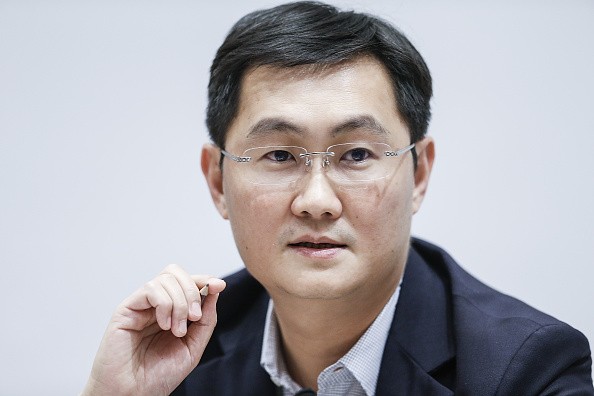The $1.7 billion that China's Tencent Holdings will put in California-based electric car maker Tesla will add to the flood of outbound investment that is hampering China's control of capital flows and ability to maintain capital account restrictions.
In pursuance of their country's "Going Global" or "Go Out" policy, Chinese multinationals such as Tencent, owner of the social network WeChat, and property conglomerate Dalian Wanda are increasing more outward foreign direct investments. Their FDIs now exceed $100 billion a year.
The country's Going Global policy has made it a net capital exporter--investing more overseas than it takes in.
Beijing is increasingly strict about which sectors Chinese businesses may invest in and must serve the country's economic goals.
Wang Jianlin, founder of Dalian Wanda and one of China's richest people, who already owns the AMC cinema chain of the U.S., has declared his intention to outflank Disney with his own amusement park complexes.
Yet his acquisition of Dick Clark Productions was called an irrational investment and was nixed since buying an entertainment company does not comply with the goals of the Going Global 2.0 policy.
Beijing controls and scrutinizes outward investment exceeding $1 billion to evaluate its economic benefits. The Going Global policy was originally meant not only to create competitive multinationals but also to improve growth potential.
Meanwhile, Tencent's acquisition of 5 percent of Tesla fits the bill for the Chinese government. Tencent has already invested in electric car company Nio, Didi Chuxing (the Uber of China) and U.S.-based car service Lyft.
The Alibaba Group Holding has also invested in Didi and Lyft, while search engine Baidu has also invested in Nio.
All three companies are eyeing the potential of driverless cars in China.
Tencent, which has a market capitalization of $275 billion, surpassed e-commerce giant Alibaba last year to become China's most valuable technology company.



























